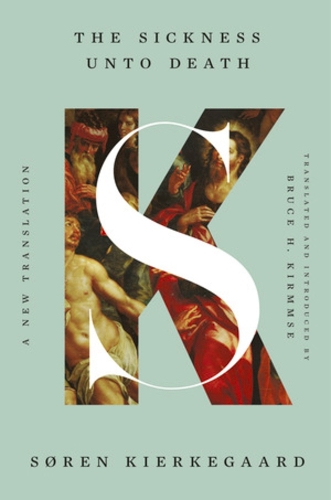The book is a profound exploration of the human condition, delving into the complexities of despair and the self. It offers a unique perspective on Christian existentialism, though some may find its dense philosophical language challenging.
The Sickness Unto Death is a deeply philosophical work that tackles the nature of despair and the self from a Christian existentialist viewpoint. The author's insights are both profound and thought-provoking, offering a unique lens through which to understand human suffering and the quest for self-awareness. However, the book's dense and complex language may pose a challenge for some readers, requiring a significant investment of time and effort to fully grasp its nuances. Despite this, the book's exploration of the human condition is both enlightening and transformative, making it a valuable read for those interested in existential philosophy and Christian thought.
Quick quotes
The self is a relation that relates itself to itself
The formula that describes the state of despair is: in despair not to will to be oneself
Despair is the sickness unto death.
